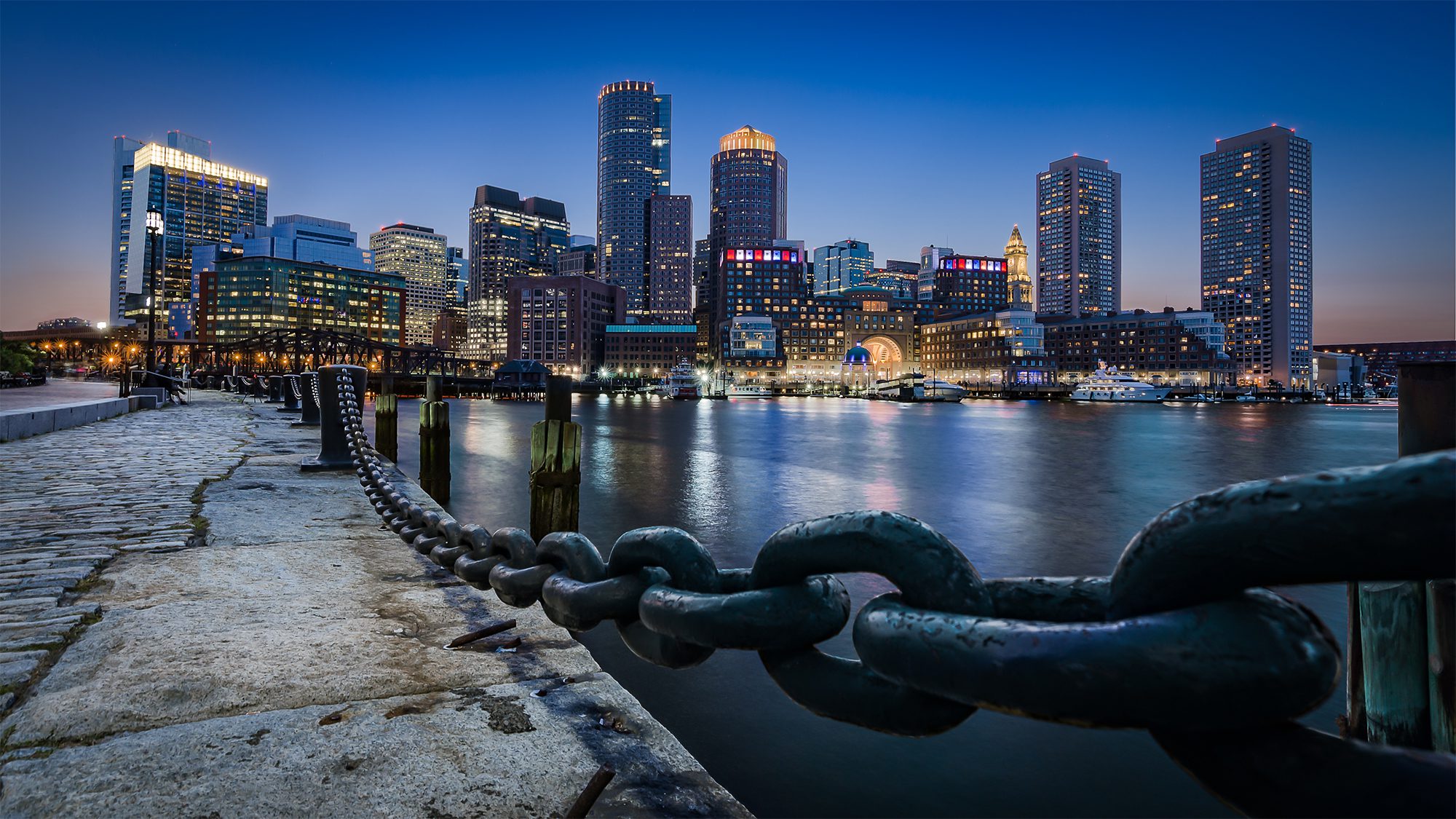
Raphael Chapot/Getty Images
Boston’s mayor has paved the way for a new mansion tax on all home sales over $2 million.
Mayor Martin J. Walsh signed a petition that would give Boston the ability to charge a one-time transfer fee of up to 2% on residential deals over $2 million—funds that would be used to create more affordable housing in the city, the mayor’s office announced on Monday. If approved, Boston would join a growing pack of global cities—including New York, London and Sydney—where lawmakers have taken aim recently at robust luxury sales.
“Housing is the biggest economic challenge facing the residents of Boston and people across our region. That’s why it’s critically important that we do everything we can to support the creation of homes that are affordable, while also preserving our existing housing stock,” Mr. Walsh said in a statement.
He called the proposed tax a “modest fee,” which would “collectively do a world of good toward efforts to make Boston a more affordable place to live.”
The proposal now heads to the Massachusetts Legislature for approval, after which the city would have the power to determine the final rate, how it will be collected and any exemptions, according to the mayor’s office.
The current proposal would split the tax evenly between buyer and seller, at 1% each.
Less than six months ago lawmakers revamped New York City’s mansion tax in the wake of a record-shattering $248 million condo sale that sparked calls for higher taxes on pied-a-terres and trophy homes. Ultimately, the new graduated taxes raised the cost of buying homes of $2 million or more and charges a top rate of 4.55% on sales of $25 million or more.
Meanwhile, industry professionals across the pond blame multiple stamp duty hikes in 2014 and 2016 for the ongoing slump in London home prices. Stamp duty in the U.K. makes Boston’s proposed 2% look like chump change. The U.K. imposes a top rate of 12% tax on the sale amount over £1.5 million (US$1.97 million). And there’s an additional 3% charge if it’s not a primary home.
This year, lawmakers in Chicago and Toronto have weighed similar tax hikes on luxury housing.
Boston has enjoyed years of healthy home price growth and a boom in its luxury condo market, particularly in the oceanfront Seaport District. The median condo price in downtown surged by $1.5 million over the past year, hitting $4.25 million in the third quarter, Mansion Global previously reported.
Boston lawmakers suggested that the proposed mansion tax will also serve to cool speculative home buying, which many blame for driving home prices to unsustainable levels. For instance, lawmakers in Vancouver, Toronto, Hong Kong and Sydney have raised additional taxes on or placed restrictions on non-resident buyers as a way to cool speculative home buying and slow overheated home markets.
Boston’s tax would hit all sales over $2 million regardless of the buyer’s origin.
“It is absolutely imperative that we enact policies that will ensure our residents will have a safe and affordable home to live in for many generations,” said Councilor Kim Janey, vice-chairwoman of the Committee on Housing and Community Development, in a statement.
“When passed by the state legislature, this home rule petition will help curb speculative real estate practices and stands to bring as much as $169 million in revenue annually that can be invested in affordable housing,” she added.
The post Mansion Tax May Be Headed to Boston Next appeared first on Real Estate News & Insights | realtor.com®.
